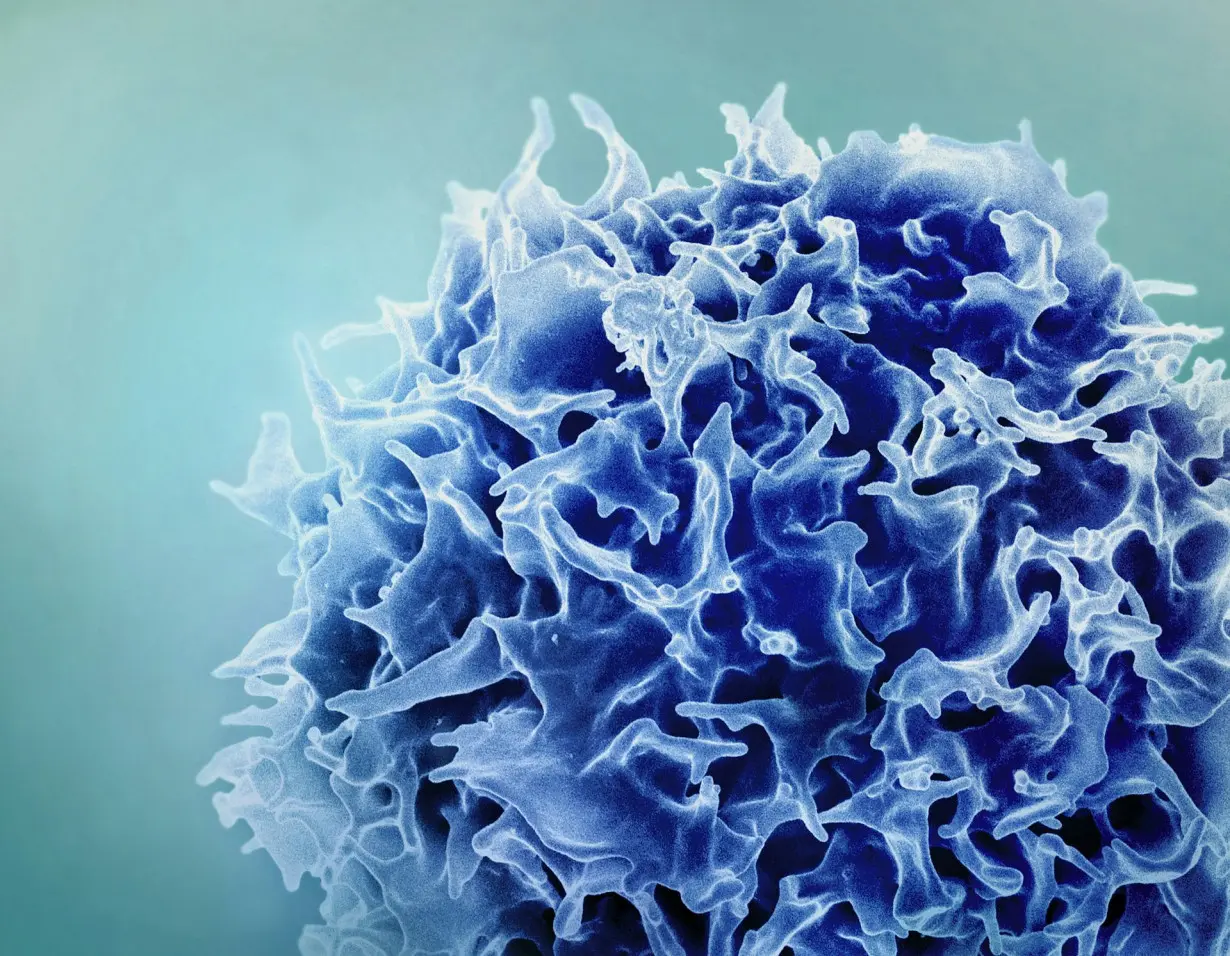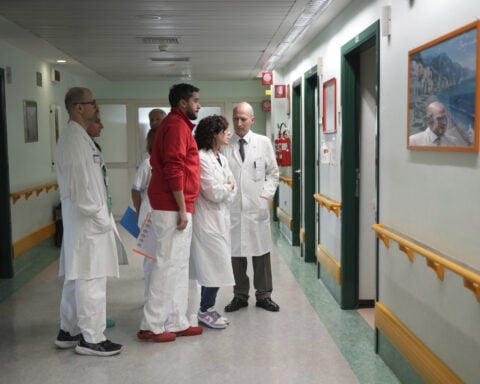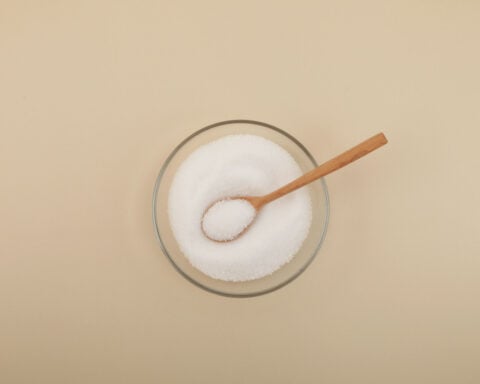For immune health, some influencers seem to think the Goldilocks philosophy of “just right” is overrated. Why settle for less immunity when you can have more? Many social media posts push supplements and other life hacks that “boost your immune system” to keep you healthy and fend off illness.
However, these claims are not based on science and what is known about immune function. Healthy immune systems don’t need to be “boosted.” Instead, the immune system works best when it is perfectly balanced. Scientific experts on the immune system – immunologists – know that too much of an immune reaction could result in allergies, autoimmune disorders or chronic inflammation. On the flip side, too little of an immune reaction could result in illness or infection.
Your immune system requires a delicate balance to operate properly. When it’s out of balance, your immune system itself can cause disease.
Cellular balance
The immune system is the mobile defense system of your body. It is a complex network of cells and organs that work together to protect your body from infection and disease. Your immune cells are continually on patrol, traveling throughout your body looking for infectious invaders and damage.
New immune cells are created in your bone marrow. Certain immune cells – called B and T cells – are the special forces of the immune system, playing an important role in the elimination of infectious invaders. Because of this role, these cells undergo a rigorous boot camp during their development to ensure they will not discharge friendly fire on healthy cells in the body.
Your immune system is an extensive network of cells and many other components that constantly surveil your body.
Any B cell or T cell exhibiting activity against the self – or autoreactivity – is killed during training. Millions of newly created B and T cells are killed every day because they fail this training process. If these self-reactive cells escape destruction, they could turn against the body and carry out an inappropriate autoimmune attack.
My research investigates how B cells are able to slip past the checkpoints the immune system has in place to guard against autoreactivity. These tolerance checkpoints ensure that autoreactive immune cells are either purged from the body or held in permanent lockdown and unable to engage in inappropriate responses that would target healthy tissue.
More isn’t necessarily better
You’ve likely seen advertisements for dietary supplements that promise to “boost immune function.” While this may sound appealing, it is important to keep in mind that the immune system functions best when perfectly balanced.
If the immune system is like a thermostat, turning it up too high results in overactivation and uncontrolled inflammation, while turning it down too low results in a failure to respond to infection and disease.

Too much or too little immune activation can lead to illness.
Because sustaining immune balance is critical, tinkering with the immune system through the use of supplements is not a good idea unless you have a clinical deficiency in certain vital nutrients. For people with healthy levels of nutrients, taking supplements could lead to a false sense of security, particularly since the fine print on the back of supplements usually has this disclaimer about their listed benefits: “This statement has not been evaluated by the FDA. Not intended to diagnose, treat, cure, or prevent any disease.”
Eating a well-balanced diet, exercising regularly, reducing stress and getting decent sleep, on the other hand, can help your body maintain a functioning and healthy immune system. Although these lifestyle behaviors are not foolproof, they contribute to overall good health and ultimately to a more healthy immune system.
In reality, vaccines are the only safe and effective tool beyond healthy lifestyle behaviors to support your immune system. Vaccines contain harmless forms of pathogens that help to train your immune cells to recognize and fight them. When you come into contact with the real and harmful version of the pathogen out in the wild – whether it’s at a grocery store, social event or school – at a later date, these fully trained immune memory cells will immediately begin to fight and destroy the pathogen, sometimes so quickly that you don’t even realize you’ve been infected.
In a world where people are continually bombarded by the marketing mantra that more is better, rest assured that when it comes to the immune system, maintaining perfect balance is just right.

Aimee Pugh Bernard is affiliated with Immunize Colorado and Colorado Immunization Advocates as an unpaid board member.
Source: The Conversation

 Trump has begun another trade war. Here's a timeline of how we got here
Trump has begun another trade war. Here's a timeline of how we got here
 Canada's leader laments lost friendship with US in town that sheltered stranded Americans after 9/11
Canada's leader laments lost friendship with US in town that sheltered stranded Americans after 9/11
 Chinese EV giant BYD's fourth-quarter profit leaps 73%
Chinese EV giant BYD's fourth-quarter profit leaps 73%
 You're an American in another land? Prepare to talk about the why and how of Trump 2.0
You're an American in another land? Prepare to talk about the why and how of Trump 2.0
 Chalk talk: Star power, top teams and No. 5 seeds headline the women's March Madness Sweet 16
Chalk talk: Star power, top teams and No. 5 seeds headline the women's March Madness Sweet 16
 Purdue returns to Sweet 16 with 76-62 win over McNeese in March Madness
Purdue returns to Sweet 16 with 76-62 win over McNeese in March Madness








